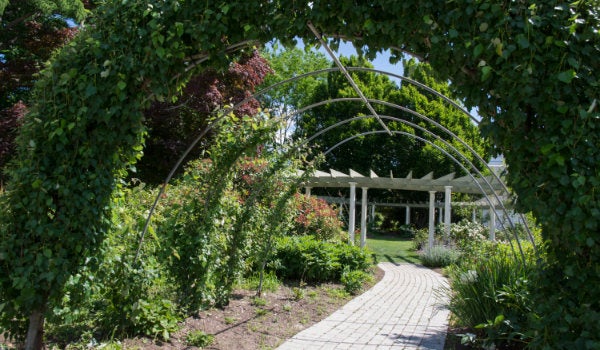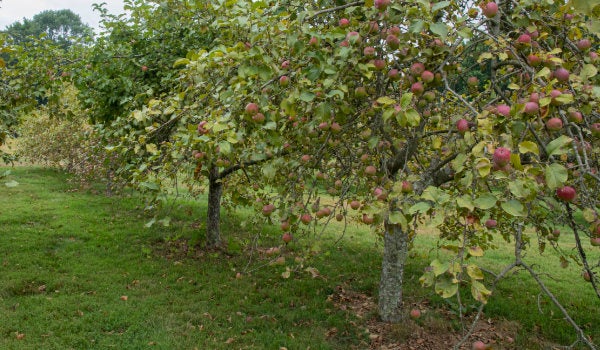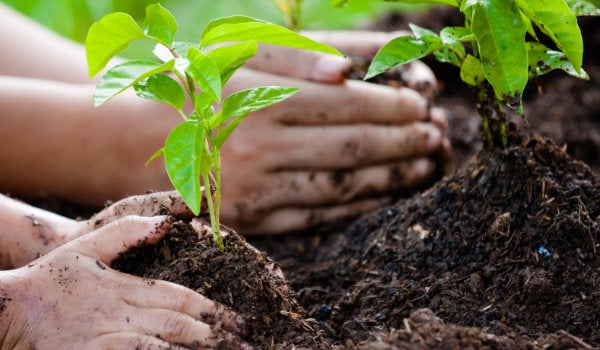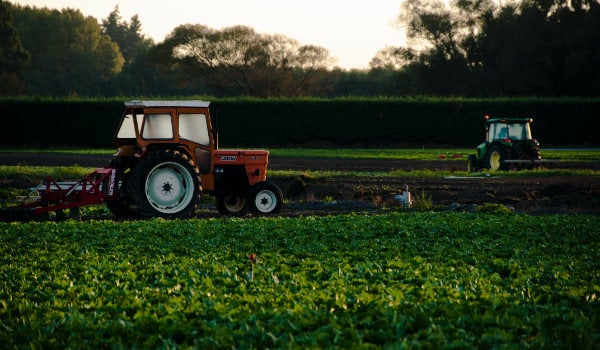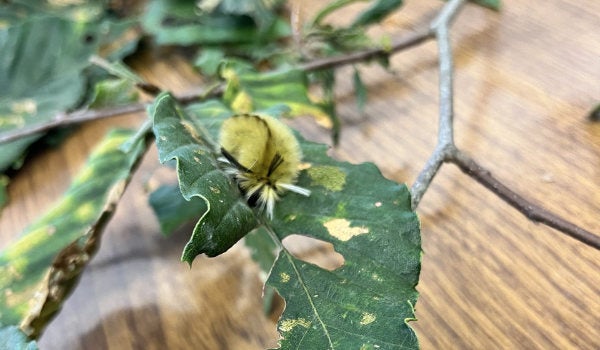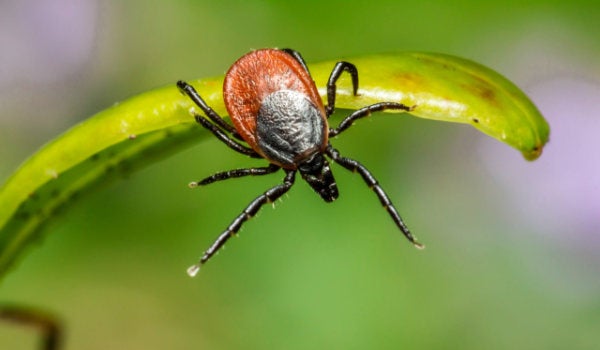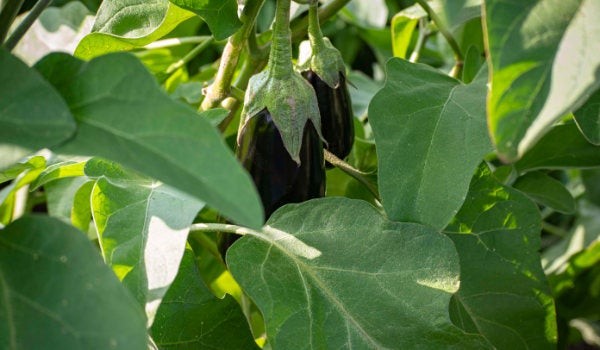The research activity undertaken by faculty and students centers around the challenges and priorities of Rhode Island and the Northeast region.
Our land-grant mission provides the foundation of our connection to local communities, and as the world changes–demographic shifts, new technologies, and global connections–our research, teaching, and service will help address a broader set of challenges.
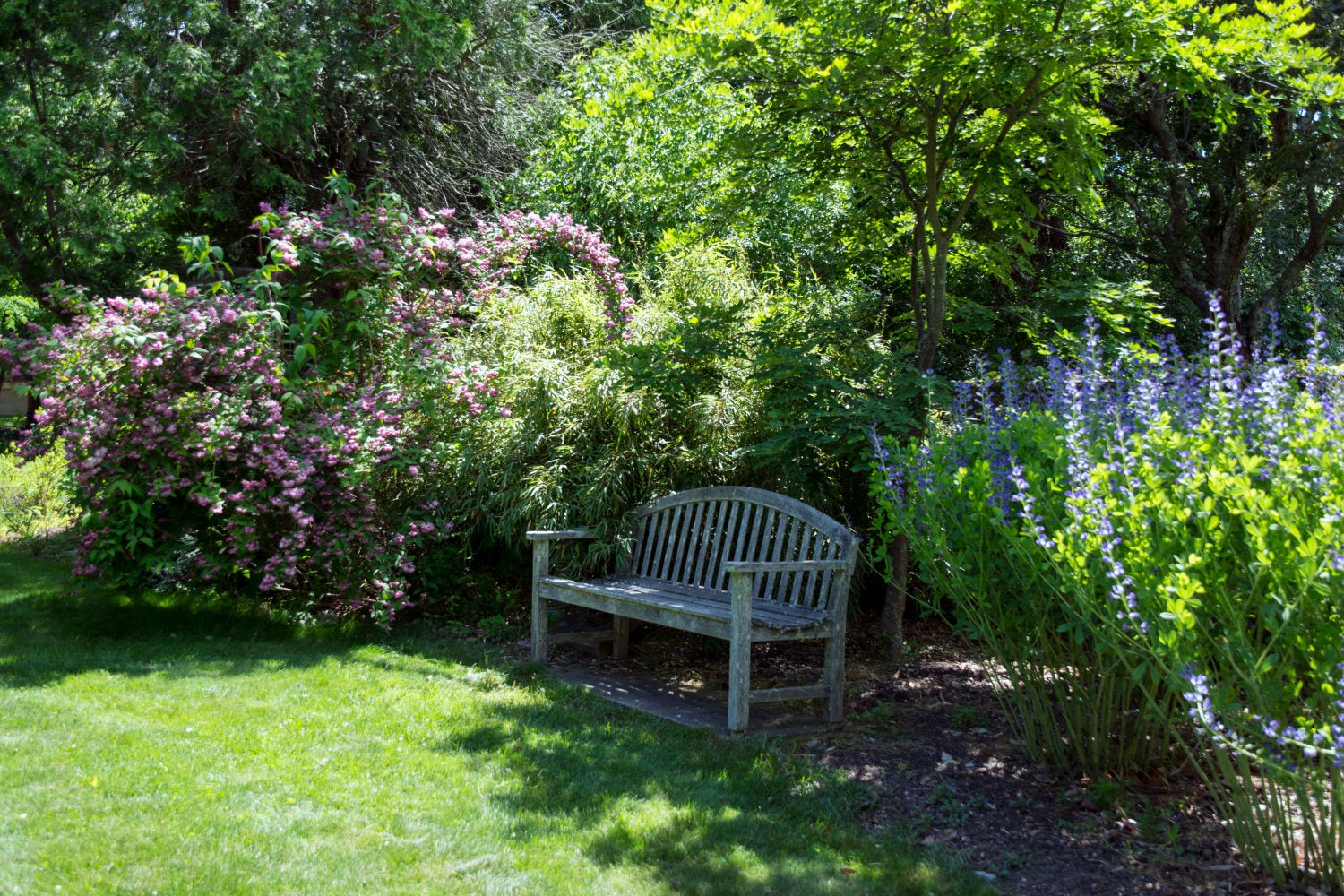
Sustainable landscapes
We work collaboratively with local businesses and agencies to develop sustainable practices for landscape management and to educate professionals and the community about sustainable landscapes. Our researchers are studying landscape use of native plants and pollinator-friendly landscapes. We also study plant pathogens, insect pests and invasive species to discover ways to minimize the impacts on plant life.
What we do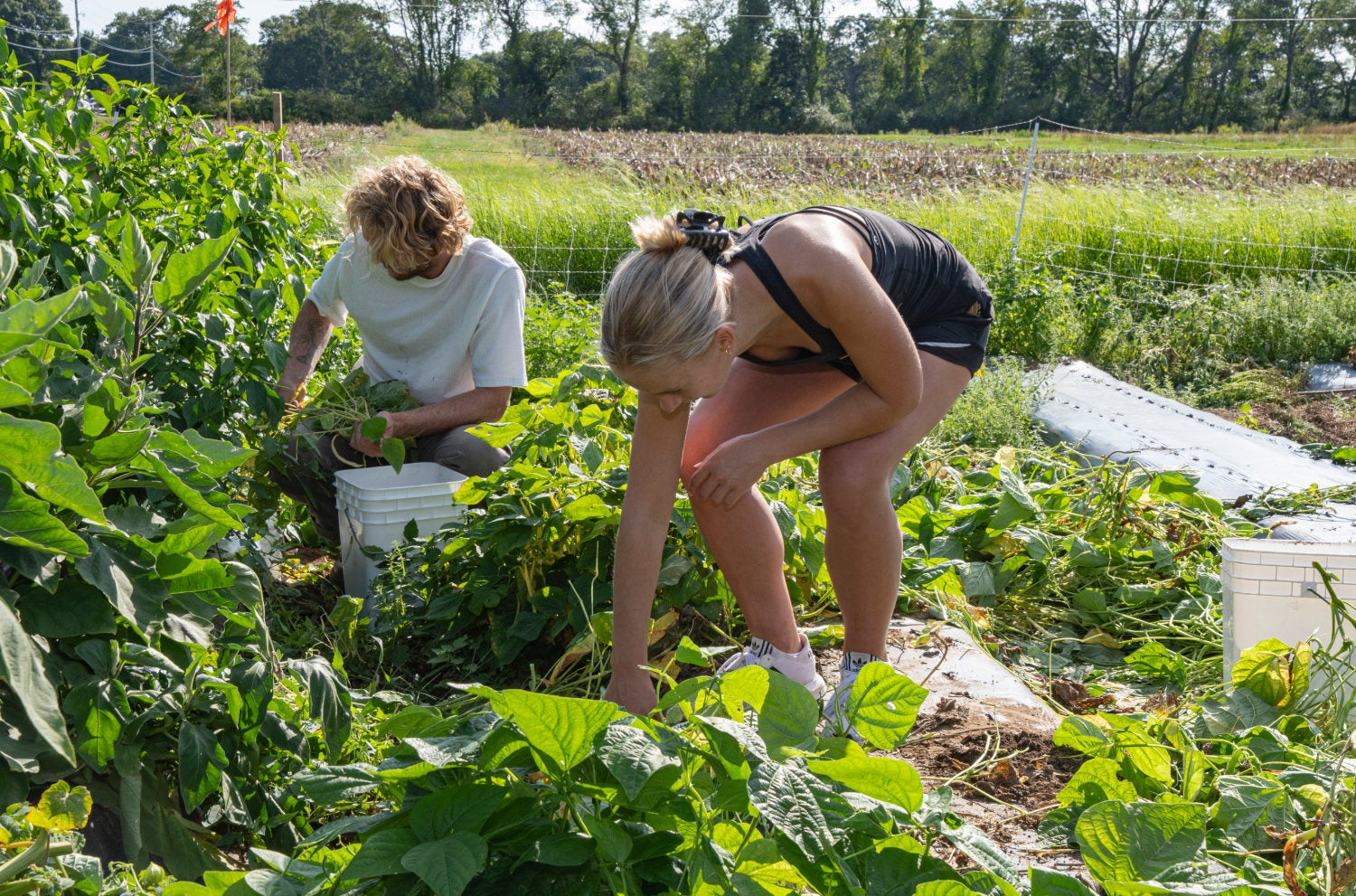
Sustainable food crops
Ensuring a sustainable supply of food is one of the primary challenges for future generations. Working closely with the area growing community–from small-scale commercial growers to alternative urban food networks–we help develop new production methods, effective ways to improve soil and manage pollinator habitat in order to strengthen local food sovereignty.
WHat WE Do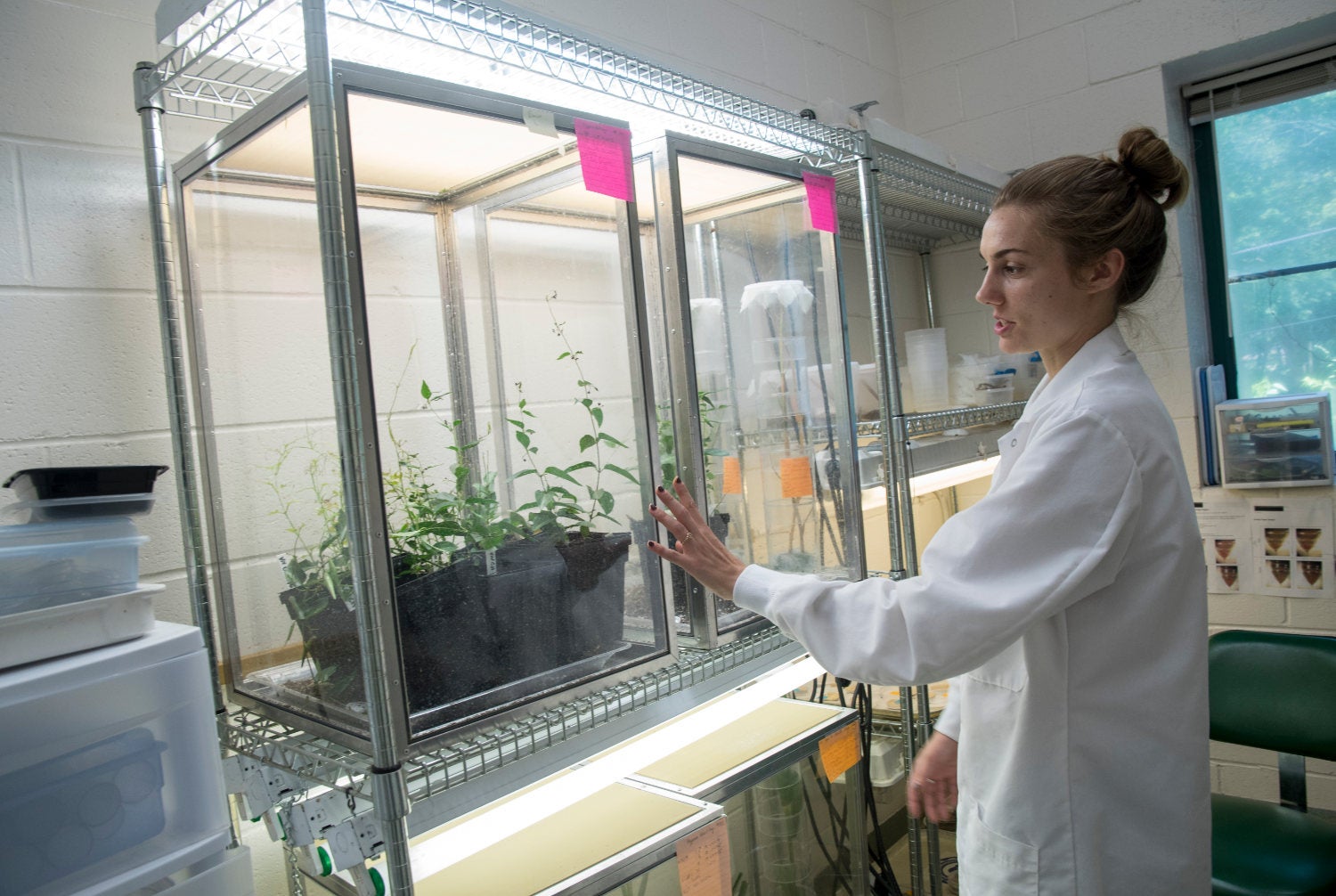
Invasive species
Non-native plants and animals that are introduced into North America typically come without the natural enemies and controls present in their native habitats and are able to reproduce and spread unchecked. We are attempting to reduce the risk from purposeful plant introductions, and by working on biological control of insect and weed problems.
What we Do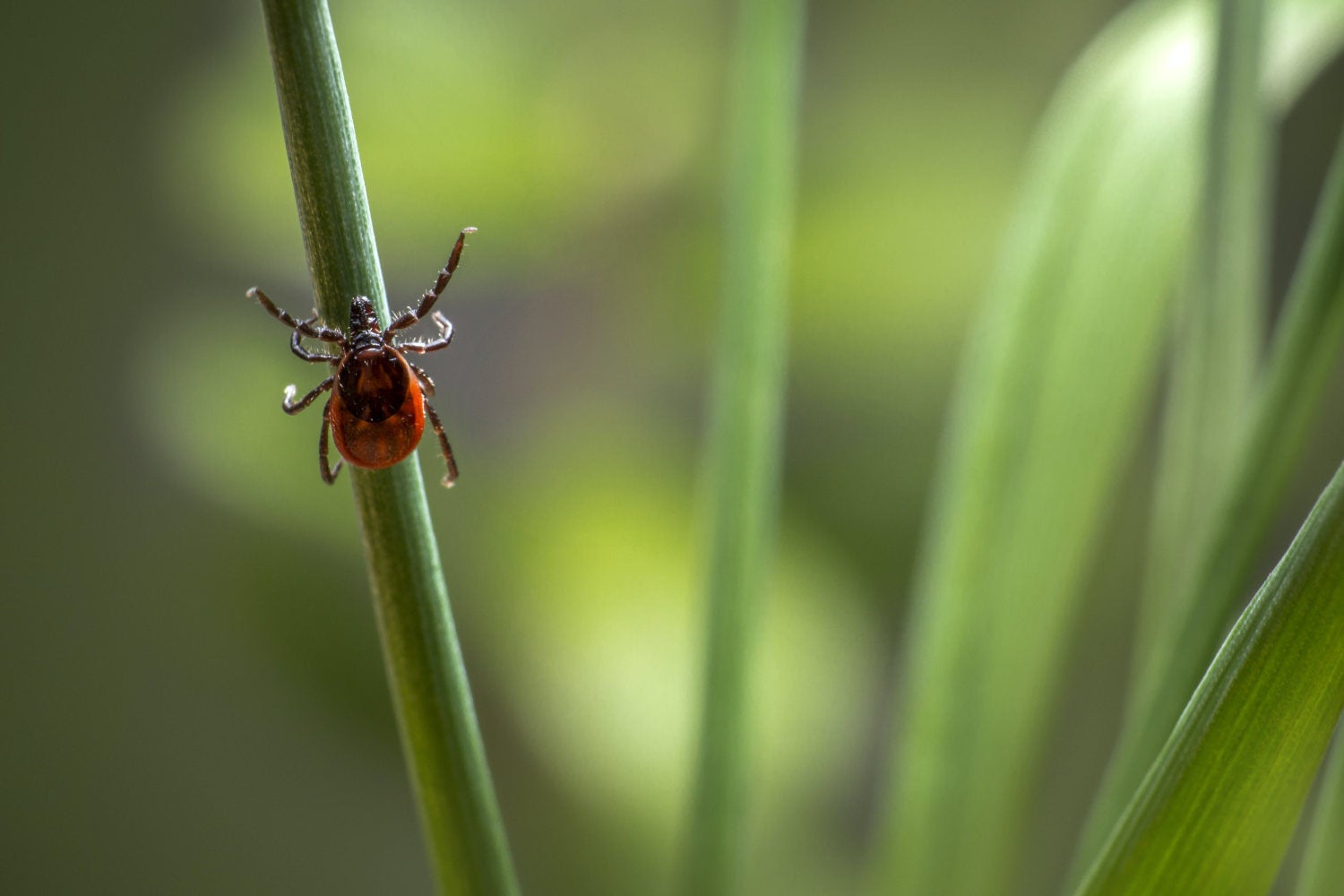
Disease Vector
As reforestation and demographic shifts facilitate tick-transmitted infections, the diseases transmitted by ticks are a significant concern in the region. Our researchers are working to enhance surveillance and identification, improve diagnostic tools, and develop preventive strategies.
What we doURI Cooperative Extension programs
Applied research is at the core of what we do. Learn more about the programs run by faculty and researchers in the Department of Plant Sciences and Entomology.

